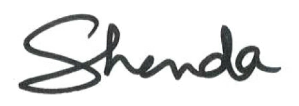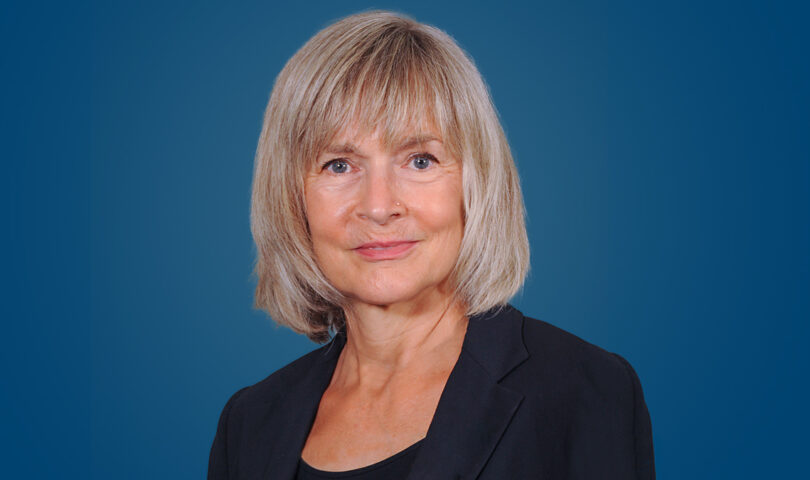Greetings,
Here’s a question: as a healthcare professional, do you believe that there are limits to what you should say and do on social media, in the news media or in other public forums?
Over the last few years, particularly during the pandemic when pharmacy professionals were the first source of information for many patients, we have seen the important role pharmacists and pharmacy technicians play in providing information critical to keeping people safe.
We’ve also seen quite a bit in the news recently about healthcare professionals who deliberately spread misinformation to patients and publicly undermine evidence-based public health measures. And we’ve seen healthcare professionals, entrusted with carriage of patients’ mental health, make high profile statements that some people identified as inappropriate for a registered health professional.
There has been a lot of hoopla about whether it is right for the regulator to intervene in a health professional’s expression of their personal beliefs.
We all know free speech is one of our fundamental freedoms – the right extends to everyone, including healthcare professionals. However, healthcare professionals also have a duty to patients and society.
As a pharmacy professional, you must benefit your patients, do no harm, be respectful, compassionate and considerate, and always act in your patients’ best interests. These are the four pillars of the Code of Ethics to which you committed when you entered the profession.
Some people think this commitment applies only in the context of the patients to whom they are directly providing care. Here’s where it gets tricky. The Code of Ethics states that registrants are expected to participate in responsible and ethical communication and ensure that any comments or images publicly shared are not offensive and do not in any manner discredit the registrant or the profession. That goes beyond the one-on-one interaction. It means being thoughtful and responsible in what and how you communicate with patients and in public settings.
Since you are a pharmacy professional, people depend on the information you provide about health. They have a reason to believe that you are reliable and trustworthy when you speak about health matters. If you make remarks about things that a reasonable person would think fell within the expertise of a pharmacy professional and those remarks are contrary to patient well-being, you are not meeting the requirements of the Code of Ethics. Is that a limitation on free speech? Yes, I think it is. But I also think it’s a limitation you signed up for when you entered a healthcare profession.
Apart from health, there are other public statements a pharmacy professional might make that would be problematic. Hate speech, for example. The reason that a regulator might be concerned about this type of statement is a little different. In that case, the individual’s statement might have the impact of diminishing public trust in the profession. This risk is unacceptable because if patients are given reason to doubt the profession, they won’t be able to get the care they need.
All of this means that your professional duty will sometimes require that you refrain from taking a public stand to state an opinion or position that may cause harm to patients. The College’s duty is to protect patients. If a healthcare professional breaches their Code of Ethics, it is the College’s duty to intervene. Because, like a pharmacy professional, the College’s duty is to put patients first.
Regards,














